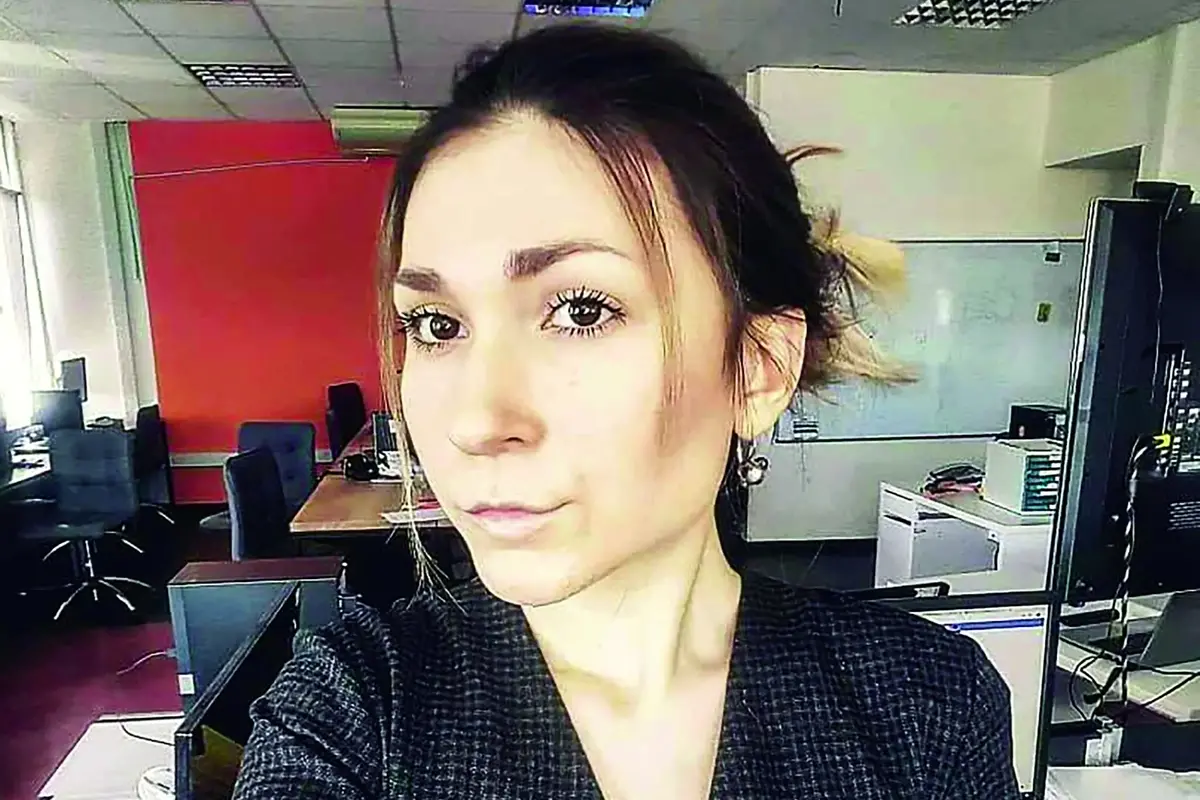LONDON (Reuters) – The mother of one of the British Islamic State militants, suspected of murdering western hostages, lost a legal challenge on Friday that it was wrong for Britain to assist a U.S. investigation which could lead to them facing the death penalty.
FILE PHOTO – A combination picture shows Alexanda Kotey and Shafee Elsheikh, who the Syrian Democratic Forces (SDF) claim are British nationals, in these undated handout pictures in Amouda, Syria released February 9, 2018. Syrian Democratic Forces/Handout via REUTERS
Britons El Shafee Elsheikh and Alexanda Kotey – two of a notorious group of British fighters nicknamed “The Beatles” – are being held by Kurdish militia after being captured in Syria last year.
The United States wants to extradite them and Britain has said it will not stand in the way of any future U.S. prosecution that would seek the death penalty, waiving a long-standing objection to executions.
Elsheikh’s mother, Maha El Gizouli, had sought a judicial review, saying it was unlawful for Britain’s interior minister to provide mutual legal assistance in a case which could lead to prosecutions for offences which carried the death penalty.
Her lawyers said the minister’s actions were flawed, inconsistent with Britain’s unequivocal opposition to the death penalty and violated her son’s human rights. However, London’s High Court disagreed and dismissed her claim.
The most notorious of the four of the so-called Beatles was Mohammed Emwazi, known as “Jihadi John”, who is believed to have been killed in a U.S.-British missile strike in 2015.
He became a public face of Islamic State and appeared in videos showing the murders of U.S. journalists Steven Sotloff and James Foley, U.S. aid worker Abdul-Rahman Kassig, British aid workers David Haines and Alan Henning, Japanese journalist Kenji Goto and other hostages.
“This group of terrorists is associated with some of the most barbaric crimes committed during the conflict in Syria,” Graeme Biggar, Director of National Security at Britain’s interior ministry, said in a written statement to the court.
Britain has said it does not want the men repatriated to the United Kingdom and their British citizenship has been withdrawn.
British prosecutors concluded they did not have the evidence to launch their own case against the men but U.S. officials then expressed frustration with the British stance of seeking an assurance that U.S. prosecutors would not call for the death penalty, court documents showed.
However, last June, British ministers and senior officials decided the best way of ensuring a prosecution and to protect U.S. relations was to seek no such assurance in this case.
“In this instance, and after carefully considered advice, the government took the rare decision not to require assurances in this case,” Security Minister Ben Wallace told parliament last July.
That decision provoked criticism from opposition lawmakers and from some in the government’s own party who accused ministers of secretly abandoning Britain’s opposition to the death penalty.
Diane Foley, the mother of one of the murdered hostages, said she did not want the men executed in case that made them martyrs but sent to prison for life.
Editing by Stephen Addison






Leave a Reply